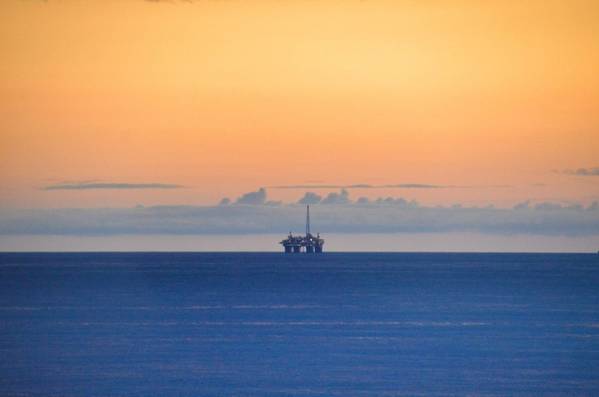
Protecting Norway's gas exports to Europe against sabotage is a top priority for the country's authorities, a senior security official told Reuters, including helping oil firms protect themselves against Russian attempts to gather intelligence.
Norway is Europe's largest gas supplier after a drop in flows from Russia since its invasion of Ukraine. After the suspected sabotage of the Nord Stream pipelines to Europe on Sept. 26, Oslo deployed its military to protect its oil and gas installations as well as its 9,000 km (5,600 miles) of pipelines.
"We are very focused on the situation linked to Norwegian gas exports, and the importance of Norwegian gas exports to Europe in the coming months," Hedvig Moe, deputy head of the PST police security service, said in an interview. PST has long been working with the country's oil firms to secure their activities against threats, but cooperation has become tighter since the Feb. 24 invasion.
"The awareness among the big industrial players that work with oil and gas has been much bigger now than before the war in Ukraine started," she said.
Norway, a NATO member that borders Russia in the Arctic, has supported Ukraine militarily, like other Western countries.
PST has previously said Russia's and China's intelligence services pose the greatest threats from state actors against Norway. Moe said she now expected Russia to be "more on the offensive" in the ways it tries to gather intelligence.
"They have more to win and less to lose," she said. "They are under pressure, they are much more isolated than before. We believe this means they are more willing to take risks with the intelligence they are conducting."
They could target particular individuals working with Norwegian technology or working with oil and gas companies to find out about technology or steal it.
"Technology we use with a civilian purpose can quickly be used in a military setting," Moe said. Were an act of sabotage to happen against Norway's oil and gas infrastructure, it could be difficult to hold anyone accountable or say who did it. "We call it a deniable attack, in our world," she said.
(Reporting by Gwladys FoucheEditing by Mark Potter)